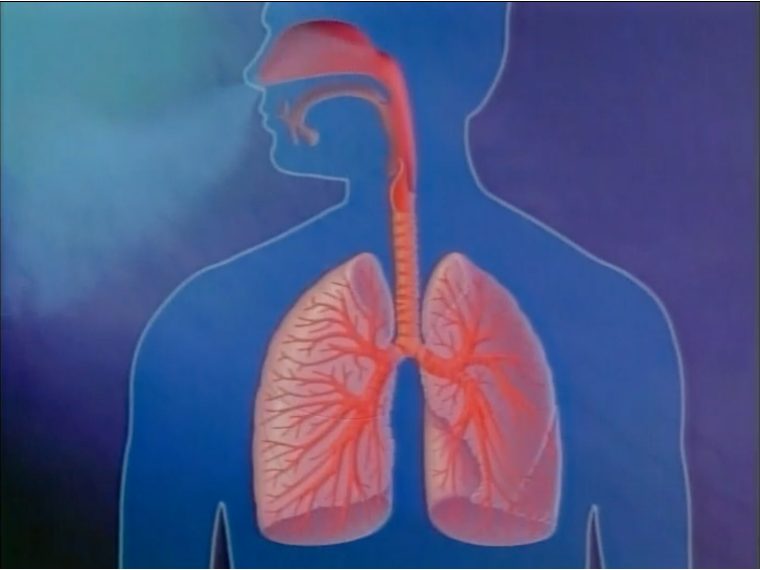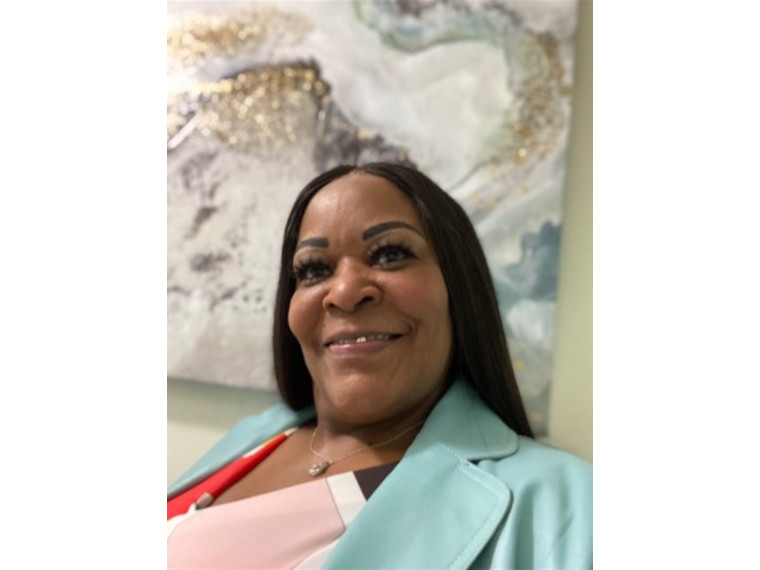Written by Tanya Terry
The American Lung Association’s most recent ‘State of the Air’ report reveals that spikes in deadly particle pollution are the most severe they’ve been in 25 years!
Additionally, the Detroit Metro Area, which according to the U.S. Census Bureau Flint is part of, ranked 13th worst in nation for Annual Particle Pollution.
“Air pollution exposure is linked to cardiovascular disease, respiratory disease, COPD, diabetes, lung cancer, Parkinson’s, Alzheimer’s, other dementia, depression, anxiety,” Dr. Cedric Rutland, national spokesperson for the American Lung Association said to the Courier.
Rutland added: “In the United States there are a significant number of Black individuals who are constantly exposed to air pollution. When we look at the state of Michigan, 67% of Black people are exposed to air pollution, while 38% of white individuals are exposed to it.”

Smog and soot are the two most widespread types of air pollution.
Smog is produced when fossil fuels, mostly from vehicle exhaust, combine with sunlight to form a hazy layer of pollution. Smog is known to damage the lungs, especially for children, senior citizens or those who spend a lot of time outdoors. It can cause coughing and shorten life expectancy.
Soot is black or brown powder that is a byproduct of the incomplete burning of organic (carbon-containing) materials, such as wood, fuel oil, plastics and household refuse. The tiniest particles in soot can penetrate the lungs and bloodstream, lead to heart attacks and even hasten death.
Both smog and soot can come from sources such cars, trucks and factories.
Since low-income communities and communities of color tend to be closer to highways and facilities causing this type of pollution, individuals who reside in these communities tend to disproportionately experience the pollution’s effects. In addition, people of color are also more likely to be living with one or more chronic conditions that make them more vulnerable to the health impact of air pollution, including asthma, diabetes and heart disease.

Rutland believes once people understand how air pollution affects their bodies, they can take steps to breathe healthier air.
Some of his suggestions for doing this include:
*Visiting lung.org or the EPA’s website and paying attention to what the air pollution is in your region.
*When the air quality is bad, staying inside if you have that option
*Buying air filters for the home to take some of the pollutants out of the air.
*Wearing a mask when it is very dirty outside to reduce the number of molecules you’re exposed to.
*Having access to a physician so if you have an airway disease, such as COPD or asthma, you are appropriately cared for and on the correct medication to protect yourself.
Wynn Welch is a 63-year-old three-time cancer survivor.
Welch said: “It all started in my lungs. My lungs kept collapsing, and the first time was in 2005. I had no insurance at the time and went to the hospital. They didn’t do an MRI or any testing beyond an X-ray. The X-ray showed that the right side had collapsed. They kept me and put a tube through my body for seven days to get the lung back up. I was told the cause could be stress or other things.
“The doctor never said that I had cancer in my lung with COPD from smoking cigarettes. At that time, I had stopped smoking cigarettes for years. Years later, with no real answers from that first hospital stay, in 2018, my lungs collapsed again.
“This time, I had better insurance, and I went to the hospital and was admitted into the hospital and had MRI, X-ray and CT scan done. They realized that back in 2005, my lungs collapsed also. They told me that my collapsed lung was due to lung cancer with COPD and got me ready for surgery.
“I had another surgery to remove the upper lobe of the lung where the adenocarcinoma was in March 2019. I didn’t want to go through the chemo; I went with the surgery instead. Well, the cancer moved to my brain in Sept 2020. So, I had brain surgery to remove the cancer. I’m still under the doctor’s care to monitor my lungs and brain. I have not smoked since 2000.”

Welch told the Courier that, due to her low income, if she would have gotten insurance at the time she had none, she wouldn’t have been able to pay anything else.
“There’s quite a few African Americans that have jobs but can’t afford the insurance the employer is offering,” Welch added.”…I just felt like when my lungs collapsed again in 2018, I had a better job, better insurance, better everything. We did throughout everything.”
But Welch feels if things were done “properly” in 2005, she wouldn’t have went through what she did in 2018, 2019 and 2020.
Although Welch is a Glendale, Wisconsin resident, her story is too common nationwide.
Detroit is only about 68 miles away from Flint, and we know that air pollution can travel thousands of miles.
Still, Rutland told the Courier because Genesee County received a “C” grade for ozone pollution and the Detroit-Warren-Ann Arbor, MI metro area received “F” an for ozone pollution does not mean Genesee County is headed for a “F” grade eventually or necessarily.
“I think that when you put out a report and you state how dirty the air is and what the failing grade actually represents, I think it creates awareness around the necessary tasks that need to be completed to get clean air.,” said Rutland.
Rutland added this refers to not only the work that he hopes individuals do to protect themselves, but government rules and regulations on how much air pollution plants are able to produce.


